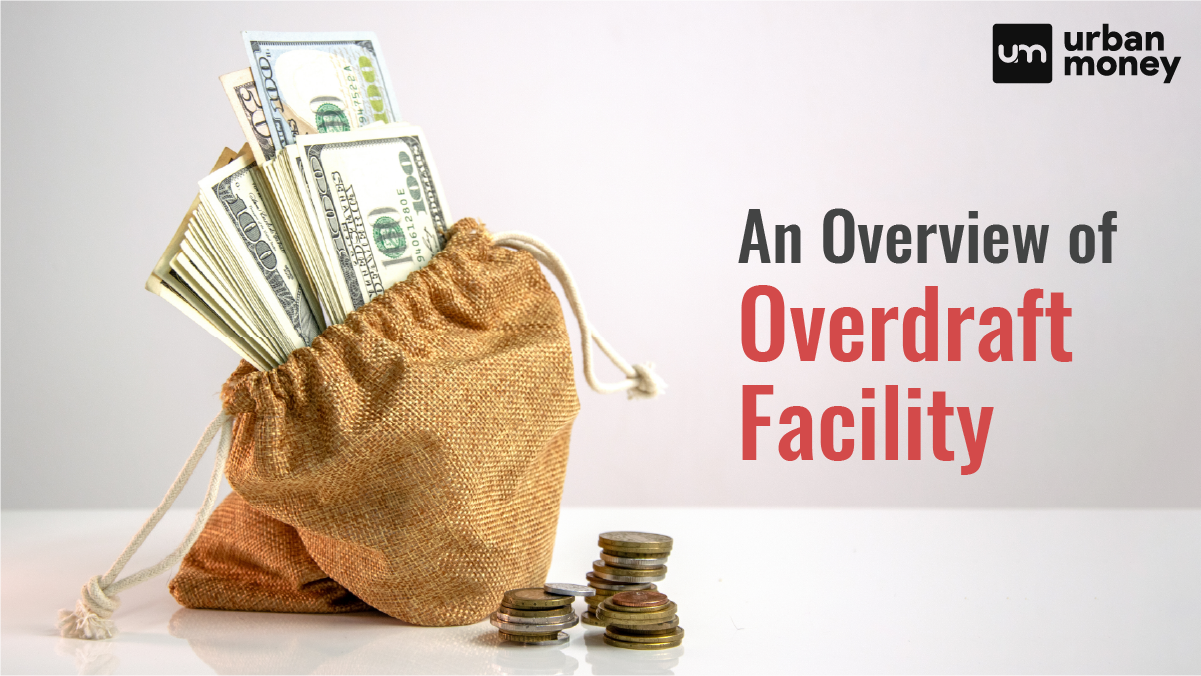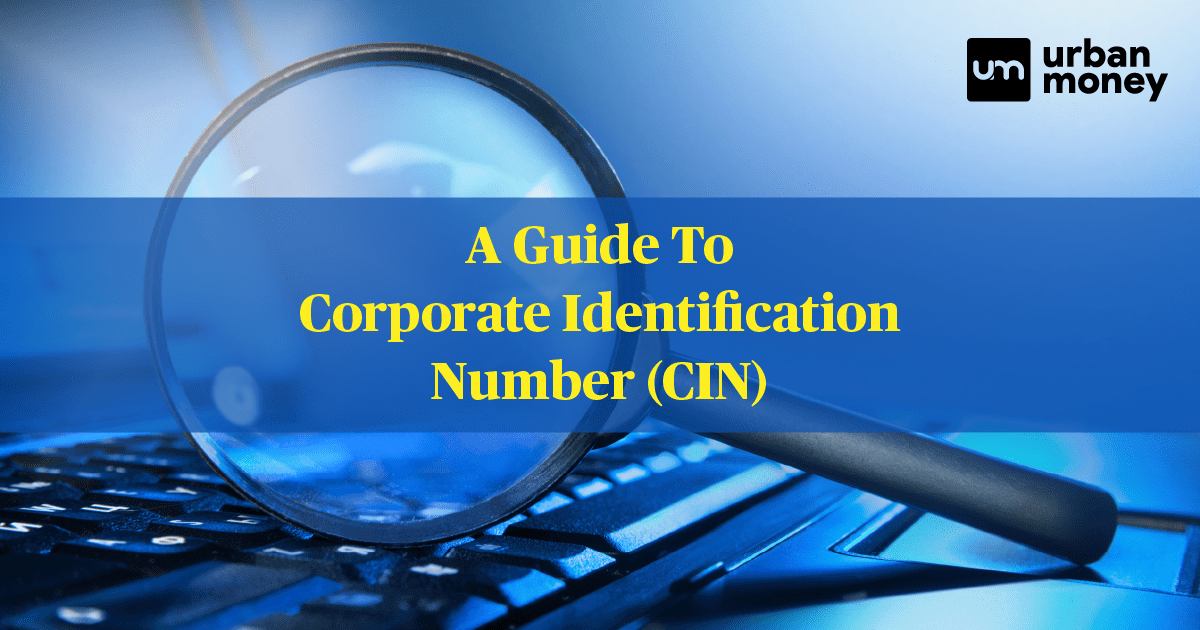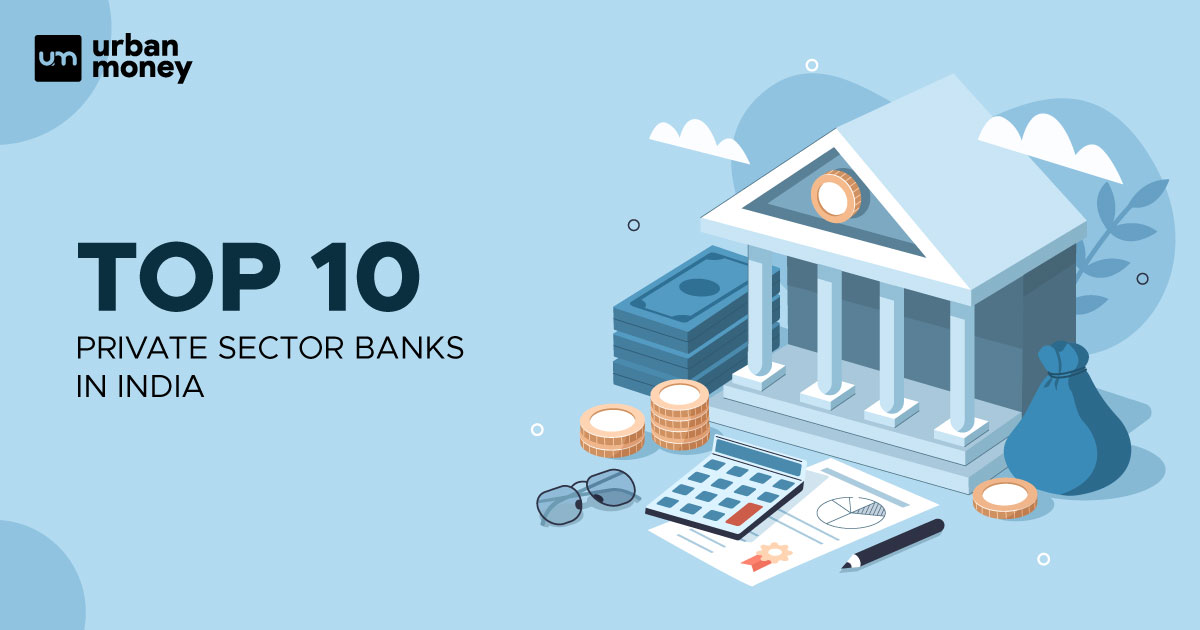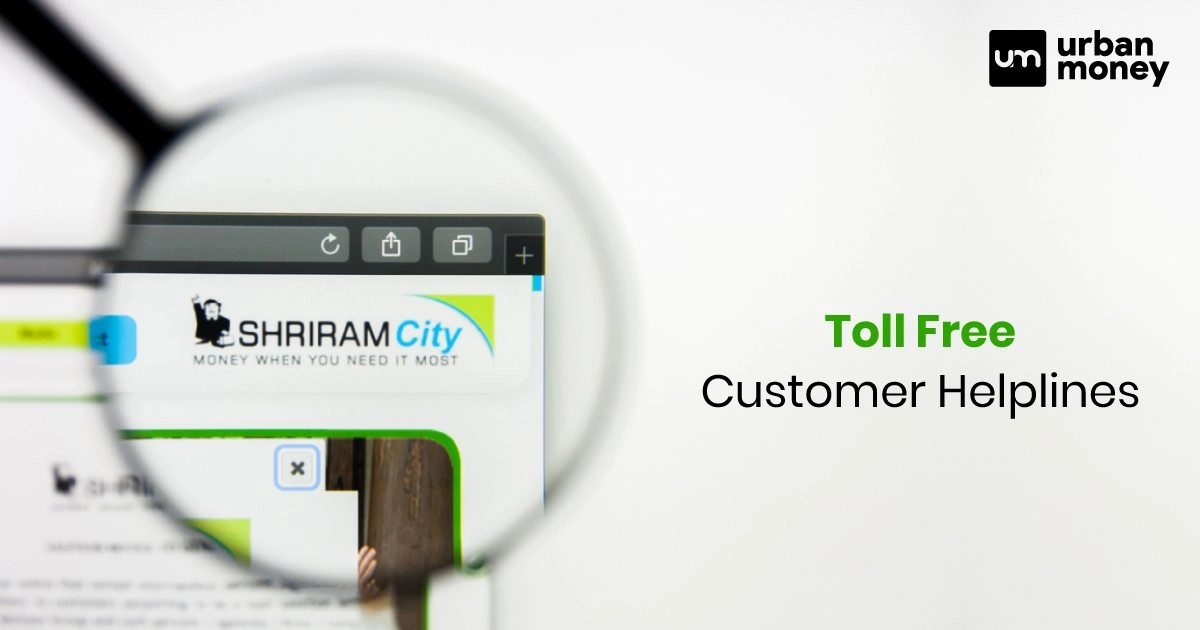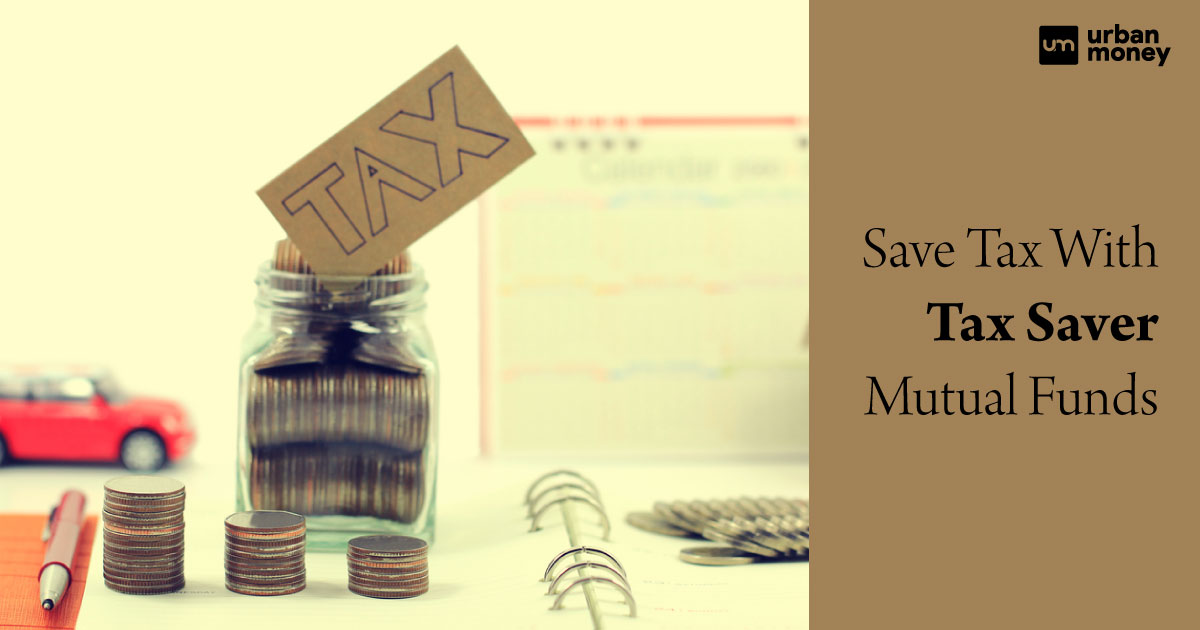Top 10 Best Private Banks in India List 2025
January 09, 2025
Business Loan Archive | Business Loan with Bad Credit Score

July 12, 2022


If you need a loan, you must have a good credit score. That’s what we all comprehend. Right? But imagine if you can obtain a business loan with bad credit! Specific lenders specialize in startup loans and lend money to businesses with weak credit scores. But this must not encourage you to continue with poor credits.
A credit score speaks a lot about your creditworthiness. Good credit means you are more likely to pay your loans and dues on time and carry a lower risk to banks. However, a bad credit score indicates that you have a poor repayment history and may be unreliable to the lender. Therefore, if you have a low credit score, you must try to improve it.
This blog can be your guide to understanding how you can avail of a business loan with bad credit, how you can improve a poor credit score, and more.
Table of Contents
ToggleThe minimum credit score for obtaining a business loan ranges between 650 and 749. However, you may not be able to negotiate for a loan at a better deal or get the loan at a lower interest rate within such a range.
Nevertheless, if your credit score exceeds 700, you may obtain a business loan without much hassle and at a favorable rate. So, it is essential to improve your credit score if it’s below 700.
Given below is a table representing business loans offered by different banks at various interest rates:
| Bank and NBFCs | Interest Rate |
| HDFC Bank | 11.90% – 21.35% p.a. |
| Axis Bank | 14.25% – 18.50% p.a. |
| IIFL Finance | 11.75% – 25.75% p.a. |
| ZipLoan | 1% – 1.5% per month (Flat ROI) |
| L&T | 10.75% – 20.5% |
| Kotak Mahindra Bank | 16% – 19.99% |
| DHFL | 17% p.a. |
| IDFC First Bank | 14.50% onwards |
| Lendingkart Finance | 1.5% – 2% per month |
| RBL Bank | 17.50% – 25% p.a. |
| Bajaj Finserv | 17% p.a. onwards |
| NeoGrowth Finance | 19% – 24% p.a. |
| ICICI Bank | 18% onwards |
| Tata Capital Finance | 19% p.a. onwards |
| Hero FinCorp | Up to 26% p.a. |
| Indifi Finance | 1.5% per month onwards |
| Fullerton Finance | 17% – 21% |
| FlexiLoans | 1% per month onwards |
Usually, big and popularly-known lenders don’t offer a business loan with a low credit score. But some lenders do provide business loans to applicants with low credit scores, albeit at higher interest rates. You are just supposed to do thorough research on such lenders and then pick the best one out. Other lenders may offer you a loan at a lower interest rate than traditional banks or credit unions.
If you operate a business, there are several reasons you may need a loan. Some of them are:
If you want to grow your business, you may consider reinvesting what you have earned or plowing back your profits. Undoubtedly, this is a great way to grow, but the process is slow and takes a significant time. However, you may only have a restricted amount of money to reinvest in your business to scale it up. In such a situation, a business loan can prove handy to grow or expand your business rapidly. A business loan can be an excellent source of scaling up, both in a new location and within your existing setup altogether.
If you have launched a new product or if your product proves good to customers, you may end up bagging a large order. To ensure you meet up the expectations of customers and their heavy demand, you will require extra cash to ramp up your production. Everything will suddenly need additional funds, from hiring more workers to buying raw materials. All such requirements can be fulfilled with a business loan.
A similar thing can happen to startups or small businesses in the services sector, where a large project may necessitate the demand for hiring temporary employees or consultants. Every large order tends to increase overhead costs, which eventually means a greater need for cash.
While businesses pay their taxes on a timely basis, there may be instances when you make an unintentional error with your computations. Indirect taxes can especially be problematic, and if you have made a mistake, you will be required to deposit the shortfall in taxes with the Government. If the Government imposes any kind of penalties or fees on you, it will become a bigger burden. In such a circumstance, obtaining a business loan could be a wiser option to overcome the temporary money shortfall.
Poor cash management is the most common reason for various business failures.
Building your dream business is well and good, but at the end of the day, it’s always about the cash flow that must keep coming in to help your business stand tall. When obstacles arise in meeting your business objectives, you may choose to get a business loan so that cash keeps flowing into your business. This will allow you to continue increasing conversion, marketing, and finding new customers to generate revenue.
Last but not least, companies may consider obtaining a merely small loan to build up their credit profile. When you have launched a startup and don’t have much credit history, getting a small loan and repaying it regularly can structure your credit profile. If you ever need a bigger loan in the future, the lender can find some debt history to judge your creditworthiness. You must pay all your credit dues promptly in order to build a healthy credit score.
Several factors affecting the interest rate of your business loan are as follows:
It’s never too late to improve your credit score and avail of loans. You must practice the following tactics regularly and keep an eye on your monthly credit card payments. Some tips to keep in mind for improving your CIBIL score are listed below:
You must get organized if you have a habit of missing out on payment due dates.
You should consider setting a reminder for due dates and be punctual with the payments. The settlement of outstanding debts creates a considerable impact on your credit score. Not only does payment delay for EMIs attract penalties and charges, but it also decreases your credit score. Therefore, if you are looking to improve your credit score, you must consider paying your dues on time.
It is advisable to have the right combination of secured loans such as auto or Home loans and unsecured loans such as Credit Cards or Personal Loans of short and long tenure. It will help you build a good credit score. Excessive unsecured loans will create a negative impression of you to lenders.
Don’t apply for too many loans during a fixed time period, or it will affect your credit score. Repay one loan and then opt for the other one. In case you avail of multiple loans at a single time, you will get into a cycle with insufficient funds. As a result, your credit score will fall further.
You may not want lenders to think you are in constant need of credit. Apply for new credit only if you need it and can repay it without much burden. Too much debt can affect your credit score also.
Monitor your CIBIL report and score regularly to find any inconsistencies. At times, CIBIL may make errors while updating your records. There are chances that it can incorporate incorrect details against your report and delay recording information. Sometimes, your credit report may miss the details of a loan that you may have repaid but it hasn’t been updated on the report. This may create a negative impact on you. Hence, it’s important to review your credit report regularly to avoid any lapses and get any errors rectified.
multiple credit bureaus use other scoring models. However, a credit score above 700 and 750 is usually accepted as a good score, while one below 650 is believed to be either fair or bad.
The common credit score ranges are as follows:
| Credit Score | Range | Meaning |
| NA/NH | “Not Applicable” or “No History” | You don’t have any credit card, haven’t used it, or never took a loan. Therefore, you do not possess any credit history. |
| 300-549 | Poor: | You might have missed out on numerous payments or defaults on EMIs or credit card bills, a high number of credit inquiries, or poor credit utilization. The lenders will consider you at a high risk of defaulting on your loans. They might not approve your credit applications or loans. |
| 550-649 | Fair | You may have some late or irregular payment of EMIs or credit card bills or multiple credit inquiries. To lenders, you will appear as a high risk. Therefore, various lenders may not approve your loans. However, if some of them do, they will likely have higher interest rates and down payments. |
| 650-749 | Good | You possess a history of good repayment behavior in the past. The lenders consider you a lower risk who can default. Most lenders may approve your loan or credit, but it could be a little tough to negotiate. |
| 750-799 | Very Good | You have a very good and long credit history and are responsible for your payments. Lenders will consider you as low risk and most likely, they will approve your loan. Besides, you can get better deals on loans. |
| 800-900 | Excellent | You have excellent financial management, low credit utilization, regular credit payments, and exemplary credit history. For lenders, you are pretty low risk. They will provide you with favorable terms and the best rates on loans and credit cards. |
To be able to avail of a business loan, you must meet the following eligibility criteria:
Your business loan application will be rejected if you don’t furnish the following required documents:
While obtaining a business loan with a bad credit score is possible, you must not make it a habit. Instead, you should try improving your score to negotiate with the lender and get a loan at better interest rates. You must always note that applicants with poor credit are considered a significant risk to lenders. They are more likely to miss payments and make defaults. Therefore, most lenders avoid approving loan applications of such applicants. Even if some get ready to lend, they often offer loans at higher interest rates. Eventually, this will feel like another burden on the borrowers’ shoulders. Hence, you must always have a good credit score of at least 750.
Although SBA doesn’t state ant specific credit score, experts suggest that you must have a credit score of more than 600 to be eligible for an SBA loan.
Either you can try improving your credit score or look for lenders who provide start-up business loans w.ith bad credit
HDFC Bank, State Bank of India, ICICI Bank, Axis Bank, Citi Bank, etc., are some of the banks that offer the best business loans.
Some banks don’t just look at the credit score of the business but its overall body and prospects. You must find a lender who can lend business loans to businesses with bad credit. Also, you must try improving your credit score.
If you have been refused a business loan due to bad credit, you must stop approaching other lenders. Instead, try improving your score and then try after six months again.










© 2025 www.urbanmoney.com. All rights reserved.

Need Loan Assistance?






